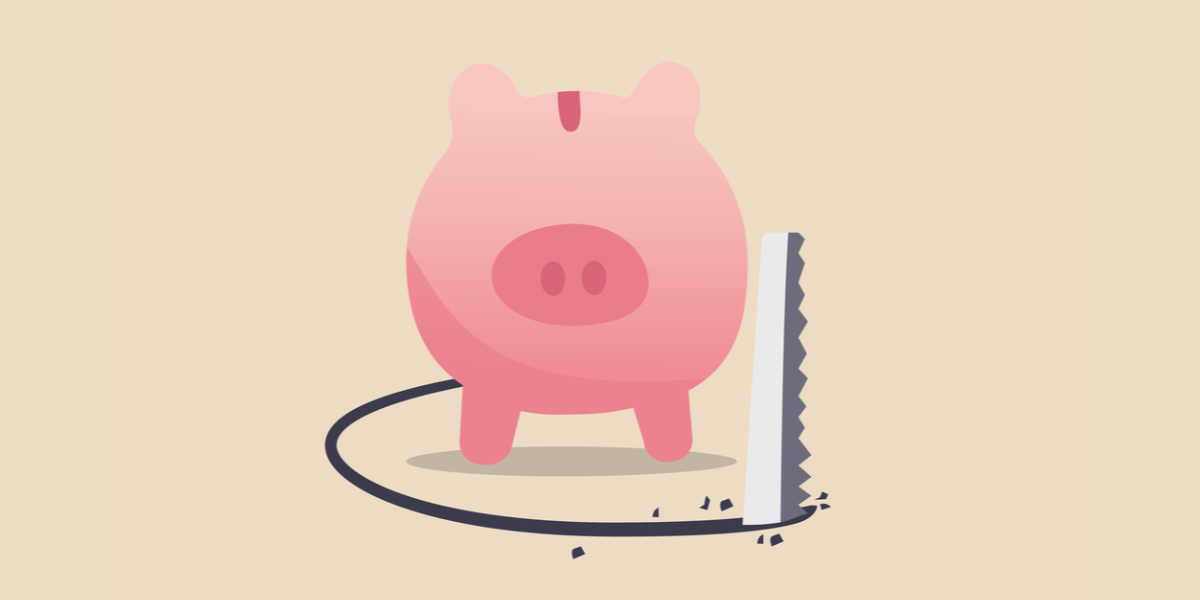Business Not Making Money? Here's the Reason(s) Why - Foundr

90% of startups fail. Most get through the first year or 2, but more than half of all small businesses crumble before year 5. Why? Businesses ultimately fail when they don’t make enough money. The startup either can’t afford to continue operations, or the owner quits to reclaim work-life balance and a better (more consistent)
If your business isn’t making money, it’s not because of cruel fate or bad luck—there’s a reason. Here are 9 likely reasons your business isn’t making money.
Is lack of an addressable market the reason you’re not making money. If you can’t find a market for your product, you won’t make money.
* Pivot your product to solve your target market’s needs? If your business isn’t making money because of tough competition, you need to make a change. That’s easier said than done, but it can be nearly impossible to make money as a startup if your market is oversaturated.
When it comes to advertising, especially advertising on platforms like Facebook or Instagram, you have enough information about what is working and what isn’t, so it’s crucial that you use those analytics and start to cull the ones that aren’t making you a profit. There might have been nothing wrong with their products, pricing, or market fit, but an external factor rendered their previous business model useless.
If a broken business model is keeping your business from making money, here’s what you can do:6 If pricing issues keep your business from making money, reverse engineer your prices. Humble entrepreneurs often want to start a business to work for themselves—not necessarily to make more money or become “rich.”.
Another potential reason your business isn’t making money is because of your perception. You might not have the capacity to give your business the time, love, and energy it needs to make money.
You get out what you put in—if you want to make more money, you’ll likely need to put in more time. Sometimes, there’s nothing wrong with your product, prices, business model, or market—it’s all about the timing.
You might find the product-market fit and nail your pricing, but if there’s not enough demand, you won’t make money. For example, if your business caters to a small niche, it’ll need products that can be repeat purchases or high-end, expensive goods If you have a small target market, it’ll need to be priced high enough that you can rely on low-volume purchases You likely don’t need to turn your business upside down to start making a profit.